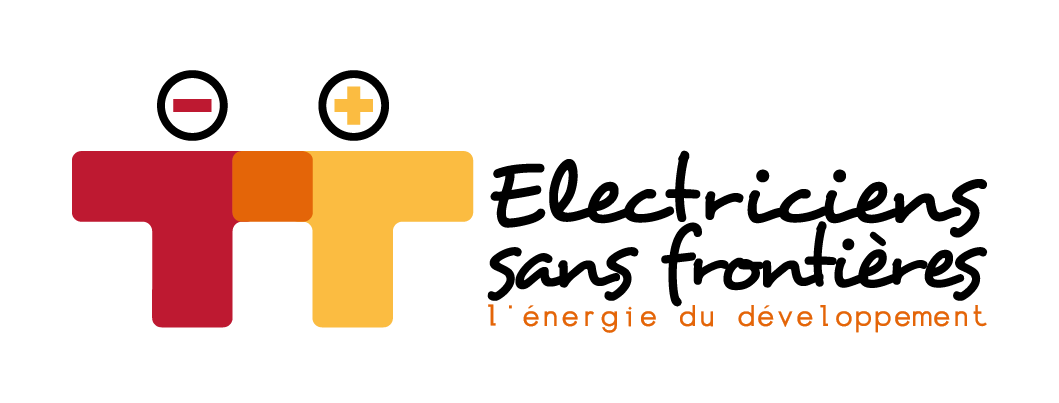2,6
million people die each year from water-related illnesses
50%
of the world’s population still does not have access to drinking water
2,4
billion people do not have adequate toilets
The challenges
Access to electricity and access to water: the same challenges, the same battle! Very often, the same people are affected by these two issues with multiple and shared challenges: food security, health, economic development, women’s emancipation and adapting to climate change.
The solutions
Access to clean water all year round is often inseparable from access to electricity, due to their complementarity and their interconnections, each of them in the service of human and economic development.
Sinking a deep borehole and equipping it with a solar-powered motor provides clean water and helps reduce the risk of waterborne diseases. In a context of increasing water scarcity, energy is essential in penetrating aquifers that are increasingly deep. Due to the lack of clean wells and improved sanitation, many people drink and wash in water from polluted sources. Many of these are young children, who die each year from diseases related to water, sanitation and hygiene.
In areas affected by long periods of drought, access to clean water is a vital food safety issue. It also reduces the drudgery of fetching water, which is often the responsibility of women and children, freeing up time for other activities and promoting economic development.
Developing food crops and livestock farming provides food security for villagers. An irrigation system connected to a well means year-round cultivation. Electricity enables the use of food processing machinery, people to be better fed and the development of local businesses. The surplus can be sold at local markets to generate income.
Projet
Projet SISAM : Solution d’Irrigation Solaire Améliorée
Le projet SISAM vise à contribuer à la réduction de la pauvreté et à la sécurité alimentaire en milieu rural en favorisant l’émergence de moyens d’irrigation durables et accessibles pour les petites exploitations maraîchères au Burkina Faso, au Bénin et au Togo.
Voir le projet